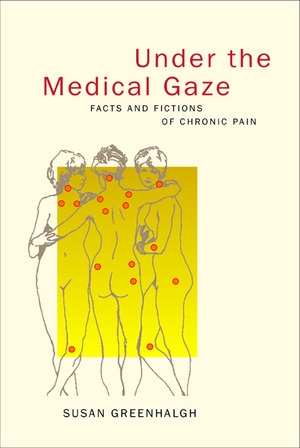Iatrogenesis: When Medicine Causes Harm
In 1975, the philosopher/social critic Ivan Illich published his now-famous book, Medical Nemesis, which introduced a wide public to the notion of iatrogenic disease: injury or illness caused by scientific medicine itself. In the decades since, researchers in many fields have been examining the countless ways in which medical interventions and errors, as well as the medicalization of normal conditions, have spread disease and suffering throughout society.
Such mistakes are particularly likely in domains of illness that are poorly understood. One such domain includes the chronic pain syndromes of late 20th and early 21st century civilization: chronic fatigue syndrome, repetitive strain disorder, and fibromyalgia, among others As sufferers are well aware, these syndromes are medical mysteries. All are painful and debilitating, yet lack an agreed-upon organic basis. All are difficult for clinicians to diagnose and controversial among researchers. Most target women in larger than numbers than men.
In the mid to late 1990s, Greenhalgh had a life-changing experience — a misdiagnosis of fibromyalgia — that provoked a keen interest in these questions. Seeing wider implications in what happened, she wrote a book about it, taking “auto-ethnography” (ethnography of the self) into uncharted territory.



